WomenCatch Them Early: The Role of Family Support for Girls in Action Sports
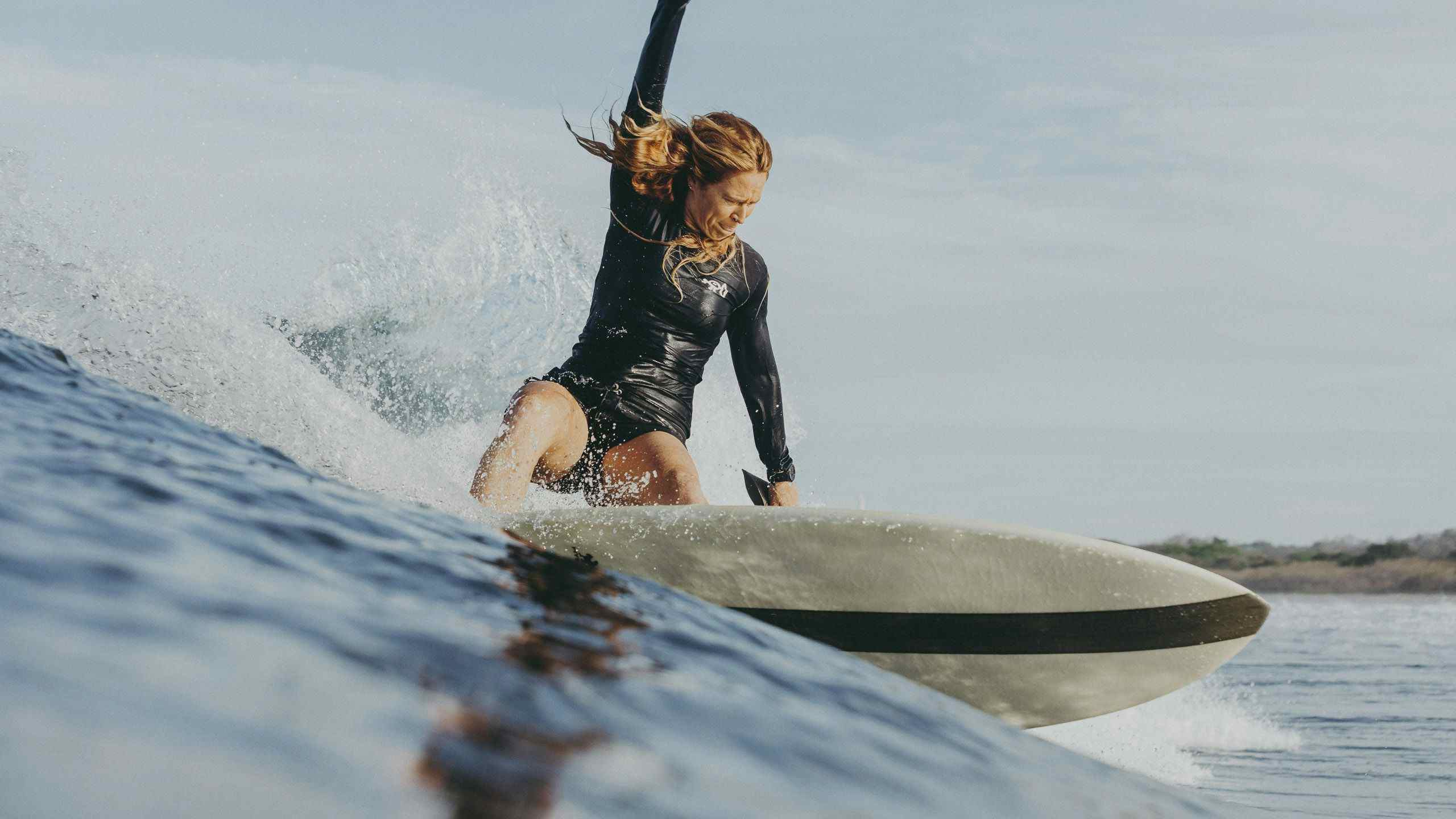
Point one: Although traditionally male-dominated action sports like surfing are becoming more inclusive for women, female participants still have to navigate a world moulded around a 'male template' and male behavioural norms.
Point two: Globally, girls encounter greater barriers to physical activities, such as lower confidence and limited suitable opportunities, rendering them less physically active than boys.
Point three: Engaging in physical activity from a young age has been found highly beneficial for long-term health, and whilst some studies have also shown that social support increases the participation of physical activity amongst youth, this area remains underexplored in action sports. | Studies suggest that the more physically active a person is in their youth, the more likely they are to remain so in adulthood, and that the more social support young people receive, the more physically active they become.
These three points are triangulated in a pioneering study published this past July.
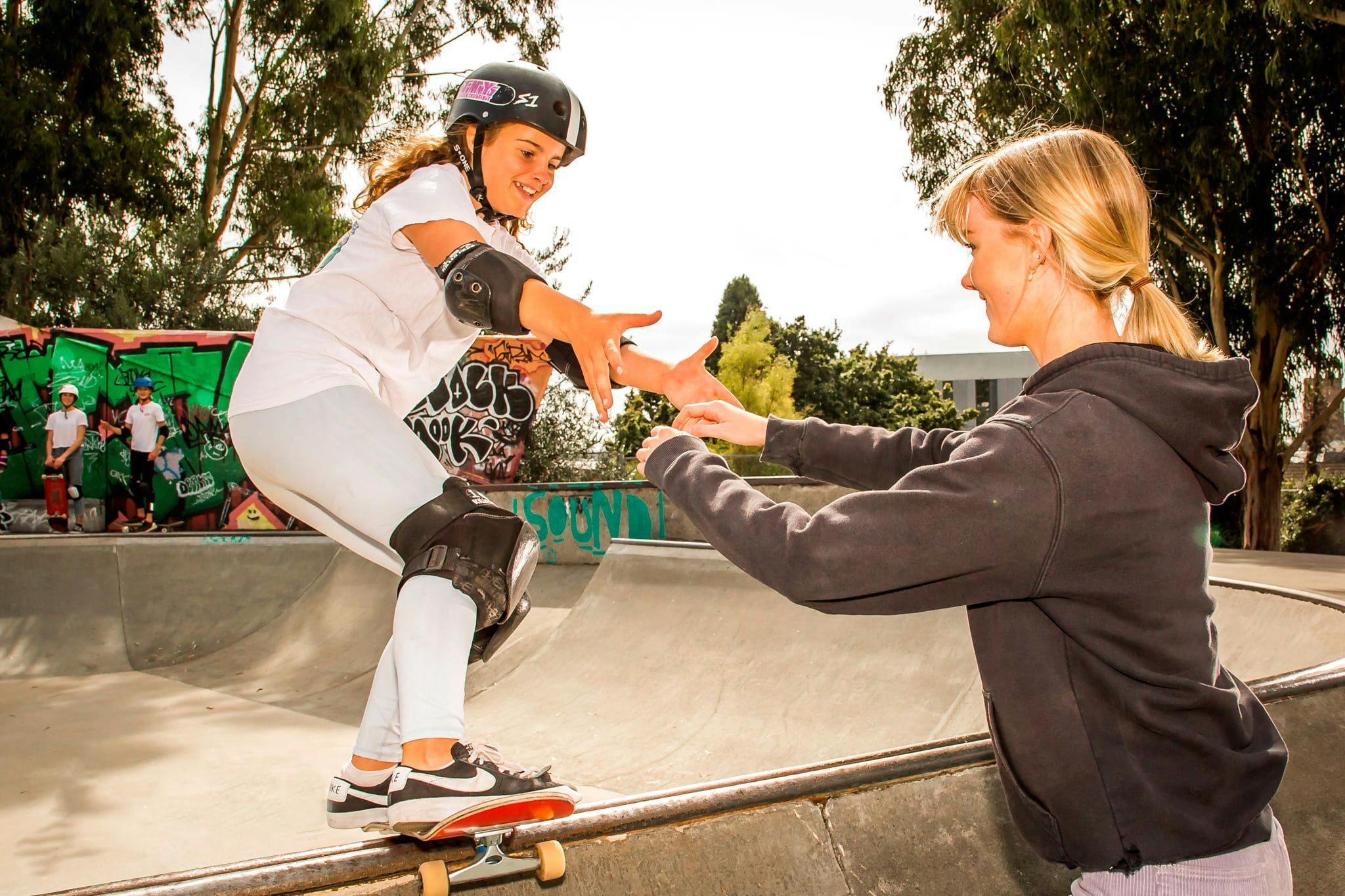
Co-led by Melanie J. Sharman of the Menzies Institute for Medical Research at the University of Tasmania (alongside colleagues Associate Professor Verity Cleland and Professor Meredith Nash), the research looked into the relationship between family dynamics and young people's engagement in surfing, mountain biking, and skateboarding, with the aim to identify the social support needs and experiences of girls and boys and thus inform strategies that foster inclusivity and equity in male-dominated action sports.
The study involved in-depth interviews conducted with 42 Tasmanian adolescents aged 12 to 18 — a mix of mountain bikers, skateboarders, and surfers — among whom 25 were girls and 17 were boys (all names alongside participant quotes are pseudonyms). Audio recordings were transcribed and subjected to a thematic analysis, revealing three main support providers (parents, siblings, and extended family) and four primary types of support (participation, emotional, instrumental, and informational).
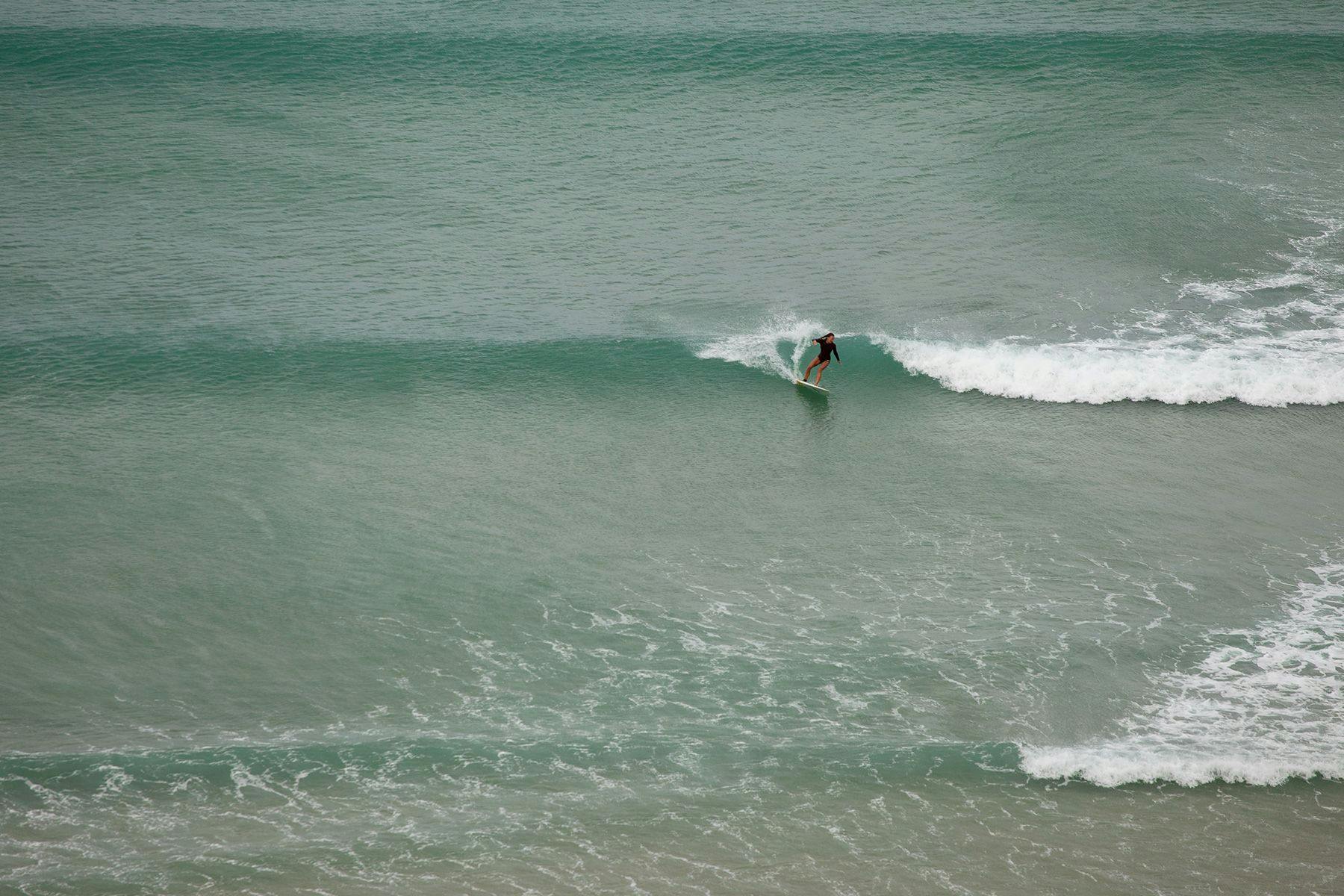
Previous studies have shown that children are more likely to engage in physical activity if their parents are active.Here, the findings reveal that parents also play a key role in providing social support for young people in action sports. Both parents influenced participation, particularly through co-participation. But there were some gendered differences in support. For instance, fathers were more commonly co-participants, especially among girls. And even though roughly a third of young people were inspired to do action sports with their parents, girls mostly cited their fathers. Reasons for participating with parents included bonding, shared interest, and support through things like coaching tips and emotional motivation. Parental participation was crucial for both boys and girls when peer co-participants were absent, but a lack of parental engagement hindered girls' participation in particular.
“She [mother] does now, but originally my dad surfed and that's probably why we started going as a family, well, yeah, that probably encouraged the rest of the family, he got us into it. But now, yeah, my mum surfs as well now.”
— Noah, 17
Emotional support from parents included encouragement, safety, and discussions about action sports. Parents' presence at the location and show of interest and support for the activity were motivating factors for youngsters; but at least for girls, a lack of emotional support wasn't a common reason for not participating. Under instrumental support (i.e. financial assistance, equipment, and transportation), both gear availability and the ability to access locations directly influenced girls' participation. Informational support mainly included coaching and equipment maintenance lessons. Some boys and girls learned their sport, particularly surfing, from their fathers, but no girls spoke about their parents teaching them equipment maintenance. And whilst this kind of support was critical for some young people's engagement, its absence wasn't a common reason for girls not participating.
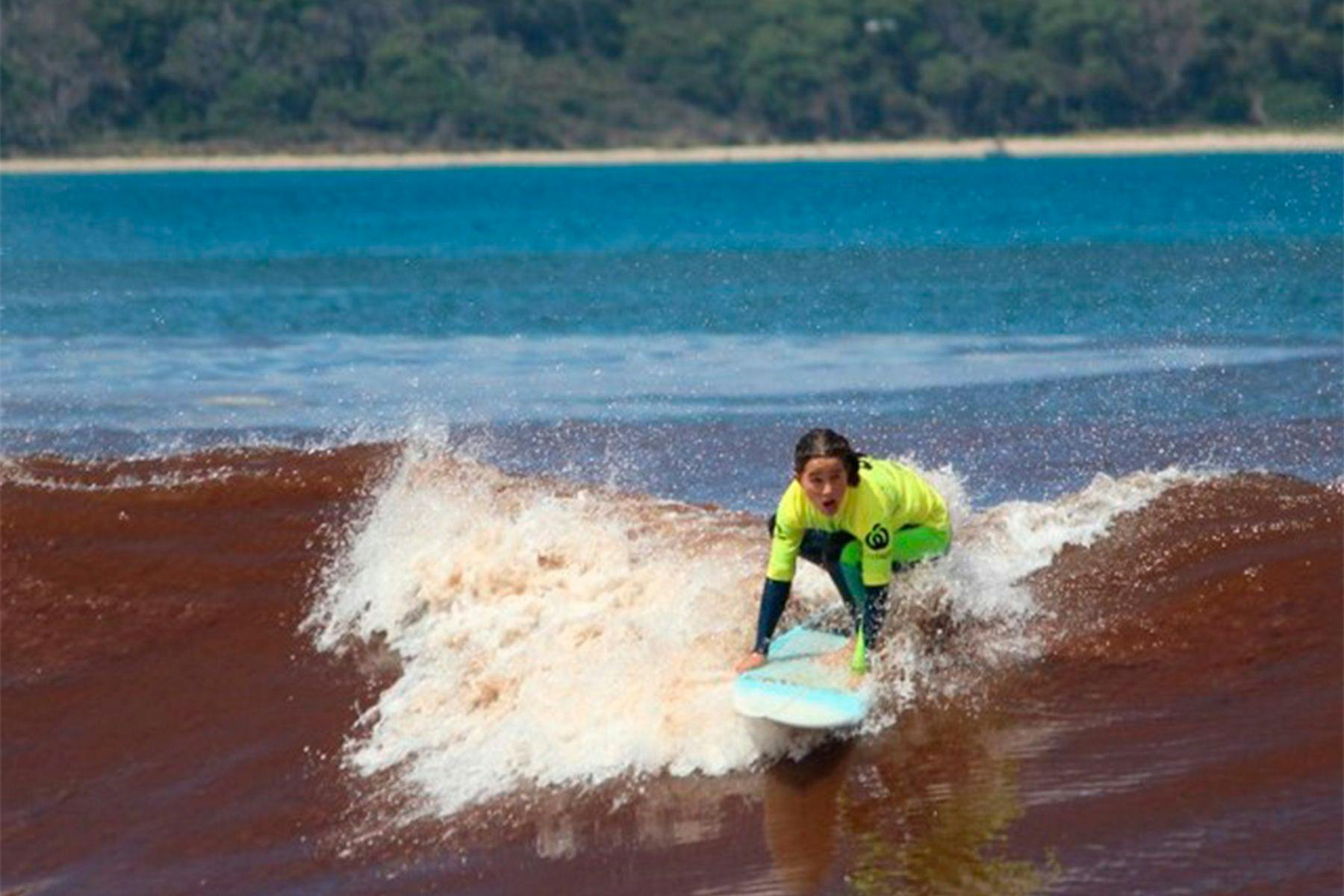
Although less influential than parents, siblings' support and co-participation notably influenced young people's participation in action sports. Most participants had younger siblings, and both boys and girls commonly participated in action sports with their brothers or sisters, often speaking positively about it as a bonding experience. Some also talked about influencing or being influenced by their sibling's interests. But boys didn't mention being inspired by their sisters' involvement, whereas a few girls started action sports because of their brothers.
“I probably became interested in it just because my brother started to mountain bike... He was making a lot more friends. He was being more active and getting fitter and he was just enjoying it a lot more than some other sports... He'll fall off, he'll scrape all his skin and he'll just get back on the bike the next week and try again.”
— Jill, 13
Similarly, emotional support was primarily from boys to girls, with brothers promoting or encouraging their sisters to participate in action sports. Boys received emotional support from their brothers but didn't mention sisters promoting action sports to them. Whilst the influence of siblings through instrumental support wasn’t as relevant as that of parents, informational support did come up. Some girls talked about receiving informational support from their brothers, but boys didn't mention receiving such support from their sisters, even if they were involved in the same sport. Siblings losing interest or having competing interests were reasons cited by girls for discontinuing or not engaging in action sports. However, the absence of support from siblings wasn't mentioned as a reason for not participating.
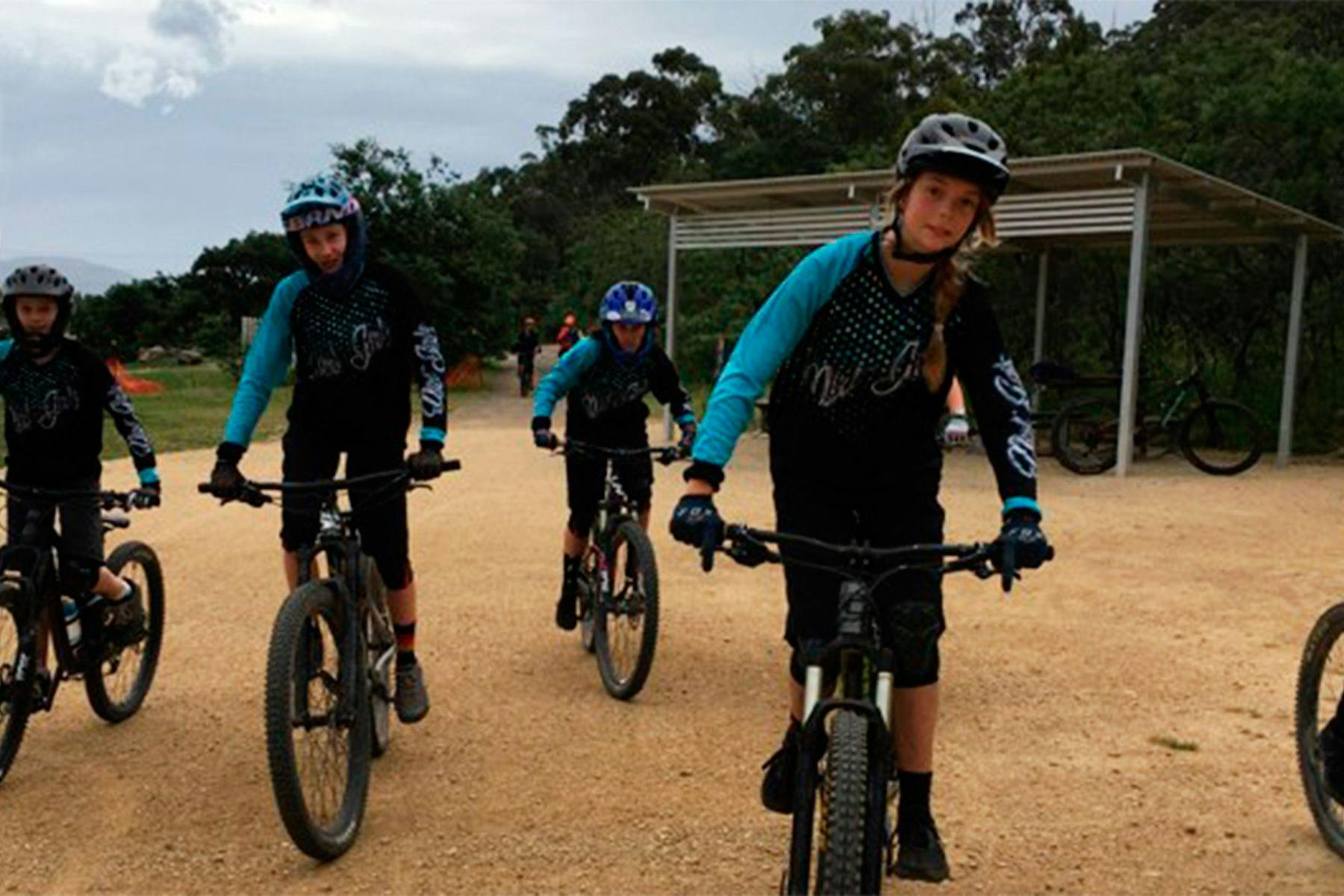
Young people also mentioned extended family members as sources of social support, including cousins, grandparents, and aunts or uncles. Some were inspired or supported by these family members in various ways, such as taking photos or discussing action sports together. However, the absence of engagement from extended family members was not a commonly cited reason for girls not participating in action sports.
Besides corroborating that, indeed, family support can be pivotal for youngsters’ participation in action sports, the study also shines a light on three important points for bringing theory to practice.
Point one: Recognising the distinct ways in which boys and girls experience social support is vital for developing effective intervention strategies that foster girls' engagement.
Point two: Organisations and groups seeking to improve girls’ engagement in action sports should include their families in the process, but mainly focus on stimulating parents across the four types of support.
Point three: To boost participation retention, stakeholders should involve families early in girls' action sports experiences, as family support tends to wane as children grow older.
Now, let’s triangulate.
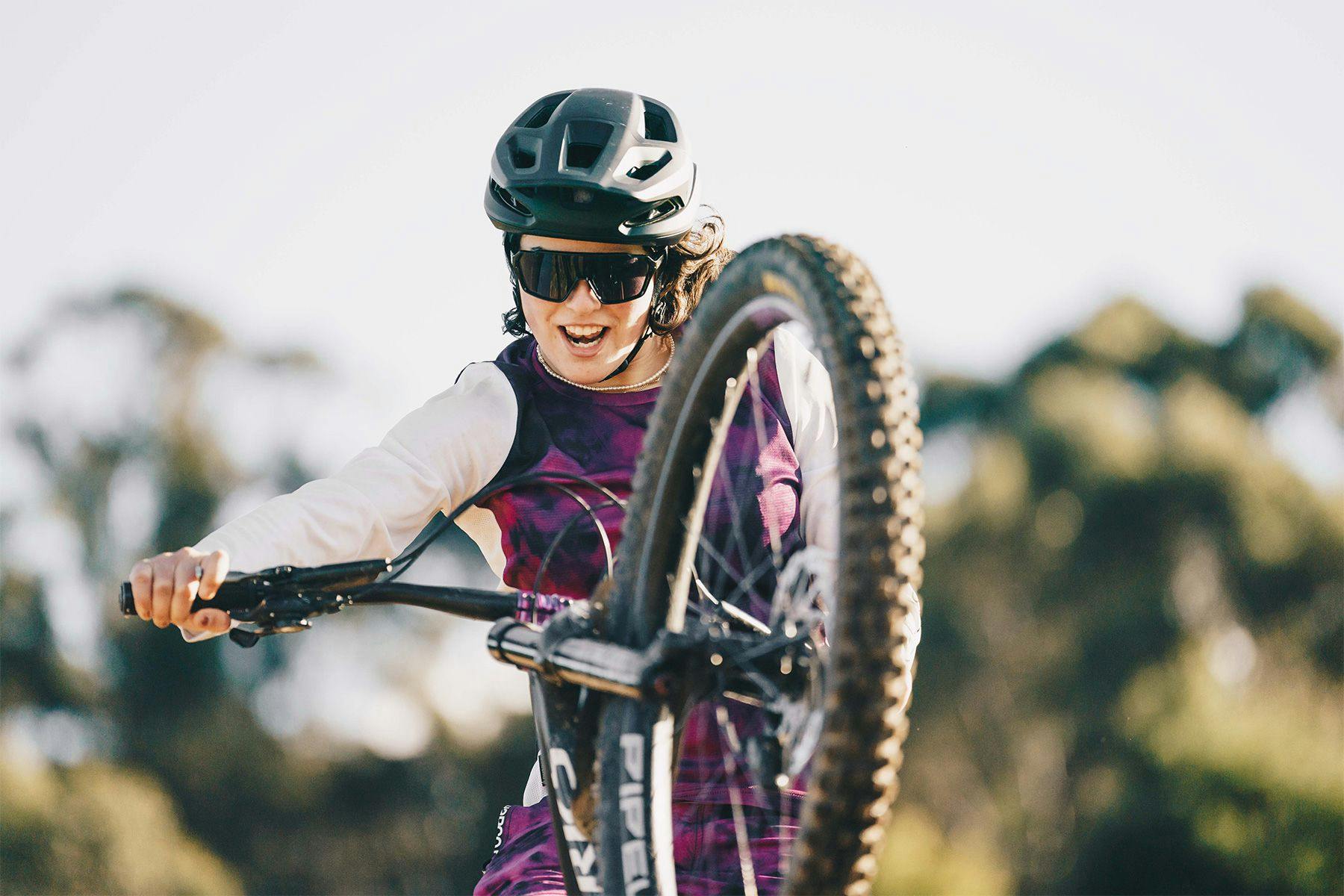
To find out more about the project that sprouted from this research, visit their website.
Reference:Sharman MJ, Nash M, Moore R, Waddingham S, Oakley AL, Langenberg H, et al. The importance of family support to engage and retain girls in male dominated action sports. A qualitative study of young people's perspectives. Health Promot J Austral. 2023. https://doi.org/10.1002/hpja.771